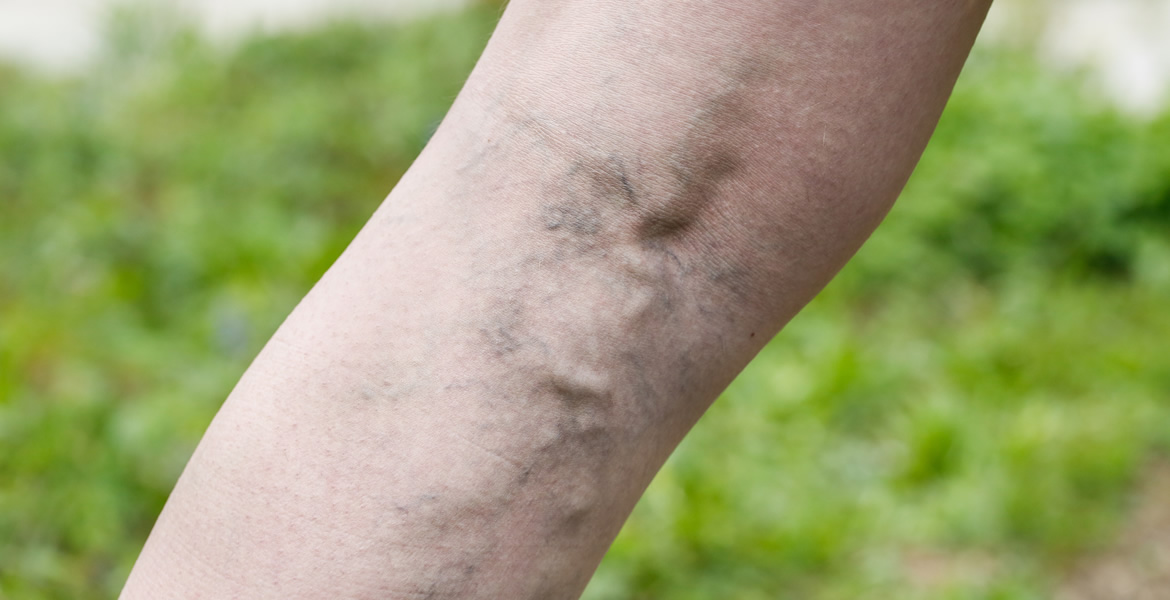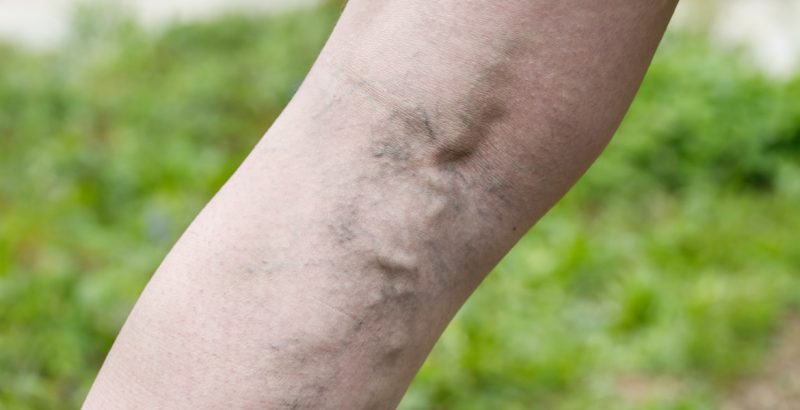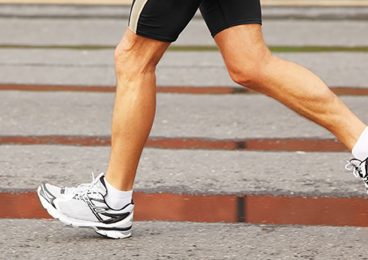Venous insufficiency, a condition associated with the inability of the venous system to adequately return blood from the legs back to the heart and lungs.
Common causes include heredity, multiple pregnancies, and occupations that require prolonged standing. In other words, excess abdominal pressure and gravity overwhelm the thin-walled veins in the legs as they try to transport blood from the feet up to the chest. Over time, the veins near the skin surface become dilated. Especially the large Saphenous vein and its branches located in the inner thigh and calf. Thus leading to the development of tortuous varicose veins and smaller spider veins which become quite visible through the skin. The constant pressure of the blood in these dilated veins can cause worsening leg pain and swelling. It can also cause blood clots (phlebitis), and ultimately skin thickening and discoloration leading to open sores (venous stasis ulcers).
Several physicians in PVA have dedicated their interests in the treatment of venous disease. PVA has established two free-standing vein treatment centers known as the Veintec Varicose Vein Clinics. These clinics provide care to patients suffering from all varieties of venous insufficiency in a more comfortable outpatient office setting. Veintec surgeons use modern minimally invasive techniques to remove abnormal veins of all types. These techniques include: Laser-assisted Saphenous ablation (LASE), radio-frequency Saphenous ablation (Closure), mini-phlebectomy and sclerotherapy. They are relatively painless with only local anesthesia and little to no recovery time or absence from work. Patients treated at Veintec can enjoy relief of symptoms and prevent future complications from the more severe varicose veins. In addition, pleasing cosmetic results from removal of smaller unsightly spider veins. Above all without the risks of hospitalization, invasive surgery and prolonged disability historically associated with venous treatment of the past.











